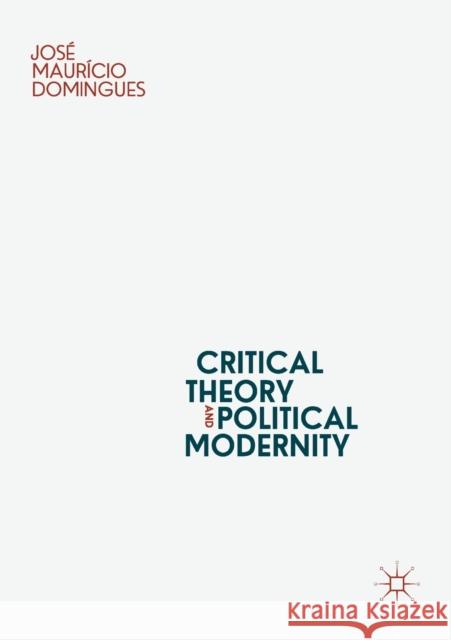Critical Theory and Political Modernity » książka
topmenu
Critical Theory and Political Modernity
ISBN-13: 9783030439231 / Angielski / Miękka / 2020 / 323 str.
Critical Theory and Political Modernity
ISBN-13: 9783030439231 / Angielski / Miękka / 2020 / 323 str.
cena 132,80
(netto: 126,48 VAT: 5%)
Najniższa cena z 30 dni: 127,20
(netto: 126,48 VAT: 5%)
Najniższa cena z 30 dni: 127,20
Termin realizacji zamówienia:
ok. 22 dni roboczych
Dostawa w 2026 r.
ok. 22 dni roboczych
Dostawa w 2026 r.
Darmowa dostawa!
Kategorie:
Kategorie BISAC:
Wydawca:
Palgrave MacMillan
Język:
Angielski
ISBN-13:
9783030439231
Rok wydania:
2020
Dostępne języki:
Ilość stron:
323
Waga:
0.41 kg
Wymiary:
21.01 x 14.81 x 1.83
Oprawa:
Miękka
Dodatkowe informacje:
Wydanie ilustrowane











